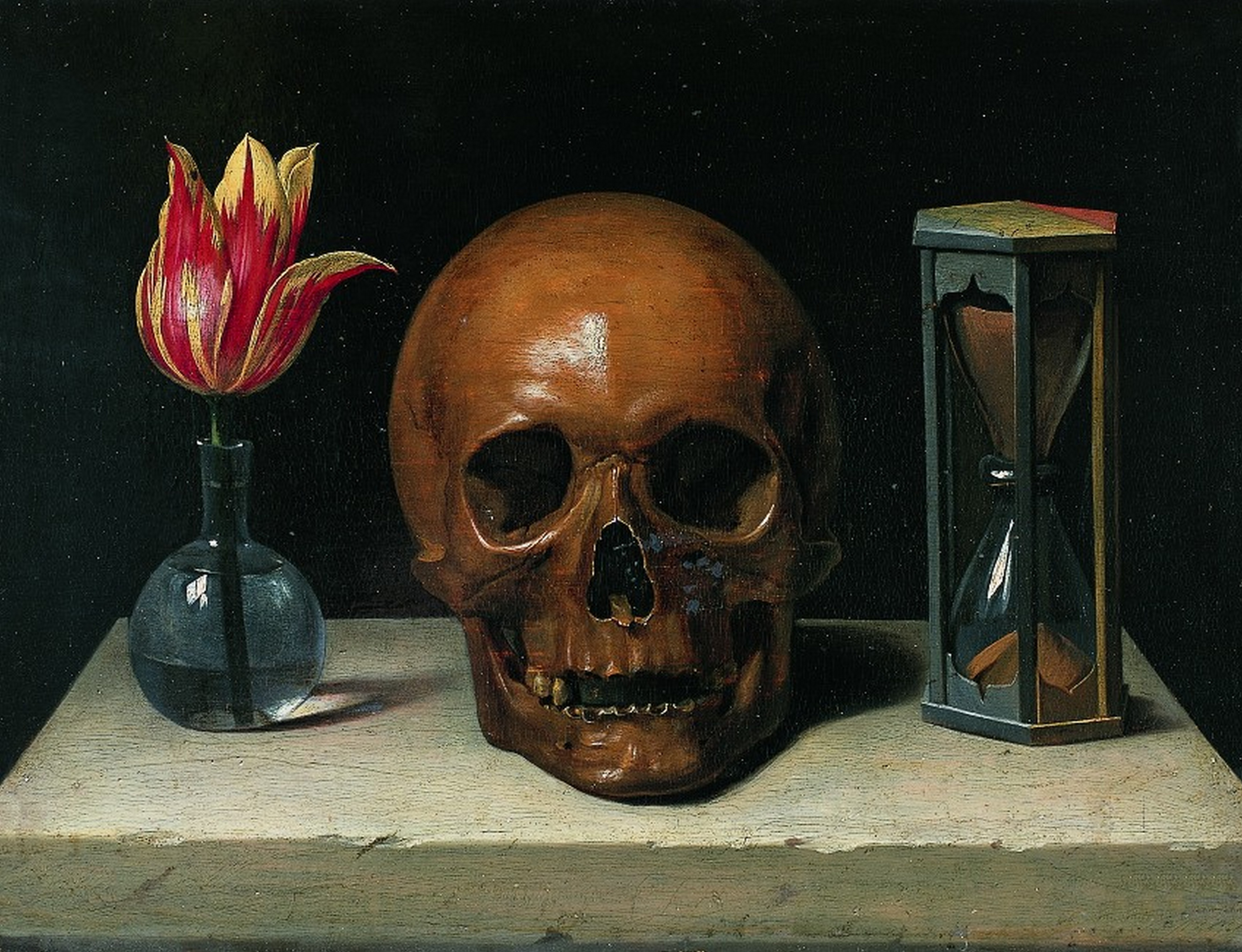
But to your further content, I'll tell you a tale. In Moronia Pia, or Moronia Felix, I know not whether, nor how long since, nor in what cathedral church, a fat prebend fell void. The carcass scarce cold, many suitors were up in an instant. The first had rich friends, a good purse, and he was resolved to outbid any man before he would lose it, every man supposed he should carry it. The second was my lord bishop's chaplain (in whose gift it was), and he thought it his due to have it. The third was nobly born, and he meant to get it by his great parents, patrons and allies. The fourth stood upon his worth, he had newly found out strange mysteries in chemistry, and other rare inventions, which he would detect to the public good. The fifth as a painful preacher, and he was commended by the whole parish where he dwelt, he had all their hands to his certificate. The sixth was the prebendary's son lately deceased, his father died in debt (for it, as they say), left a widow and many poor children. The seventh stood upon fair promises, which to him and his noble friends had been formerly made for the next place in his lordship's gift. The eighth pretended great losses, and what he had suffered for the Church, what pains he had taken at home and abroad, and besides, he brought noblemen's letters. The ninth had married a kinswoman, and he sent his wife to sue for him. The tenth was a foreign doctor, a late convert, and wanted means. The eleventh would exchange for another, he did not like the former's site, could not agree with neighbours and fellows upon any terms, he would be gone. The twelfth and last was (a suitor in conceit) a right, honest, civil, sober man, an excellent scholar, and such a one as lived private in the university, but he had neither means nor money to compass it; besides he hated all such courses, he could not speak for himself, neither had he any friends to solicit his cause, and therefore made no suit, could not expect, neither did he hope for, or look after it. The good bishop, amongst a jury of competitors thus perplexed, and not yet resolved what to do or on whom to bestow it, at the last, of his own accord, mere motion, and bountiful nature, gave it freely to the university student, altogether unknown to him but by fame; and to be brief, the academical scholar had the prebend sent him for a present. The news was no sooner published abroad, but all good students rejoiced, and were much cheered up with it, though some would not believe it; others, as men amazed, said it was a miracle; but one amongst the rest thanked God for it, and said, Nunc juvat tandem studiosum esse, et Deo integro corde sevire [now at length it proves worth while to be studious, and to serve God whole-heartedly]. You have heard my tale: but alas! it is but a tale, a mere fiction, 'twas never so, never like to be, and so let it rest.
-Robert Burton, The Anatomy of Melancholy

No comments:
Post a Comment